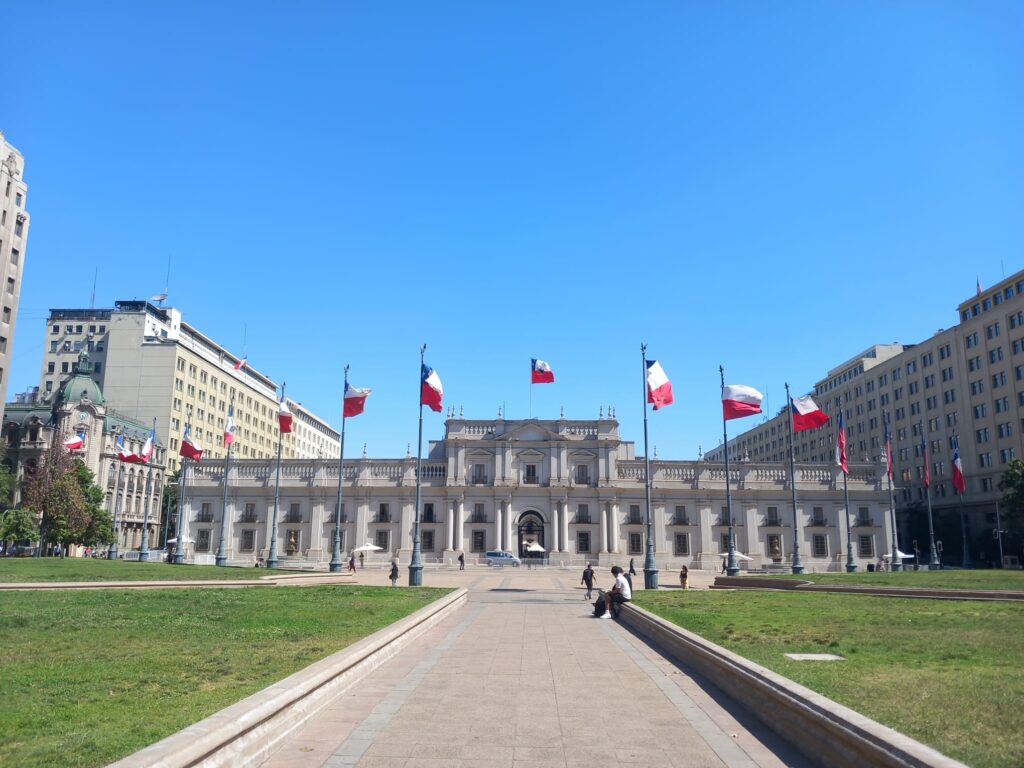
Building modern and sustainable transport systems over time is a challenge that cannot be accomplished overnight. It requires long-term projects and strategies that transcend electoral cycles and become state policies rather than government initiatives.
The case of Chile is particularly interesting. In an interview conducted by Changing Transport, the Minister of Transport and Telecommunications, Juan Carlos Muñoz, highlighted how major projects that transcended governments enabled the continuous development of the country’s transport system.
As an example, the Minister highlighted how building on the progress made by previous administrations has played a key role in advancing the electrification of public transport in Chile. Now, the country’s capital, Santiago, is the city with the highest number of electric buses outside China. By the end of this year, 3,500 of the city’s 6,900 busses will be electric. Additionally, 196 electric buses are already in operation outside the Metropolitan Region, with plans underway to further increase their number in other regions.
This demonstrates maturity and a long-term vision that can serve as an example for other developing countries.
Juan Carlos Muñoz, Minister of Transport and Telecommunications of Chile
Reaching this point has not been accidental. In addition to having a robust regulatory framework that grants clear powers to the various ministries involved, policies and strategies have been implemented to support development.
In 2015, following the ratification of the Paris Agreement, Chile submitted its first Nationally Determined Contribution (NDC), with the goal of reducing emissions intensity per unit of GDP by 30% by 2023 compared to 2007. Subsequently, in 2020, it reinforced its commitment by setting a maximum budget of 1.1 billion tons of CO₂ equivalent between 2020 and 2030, with emissions peaking in 2025 and the goal of achieving carbon neutrality by 2050.
To meet these goals, the Long-Term Climate Strategy was developed in 2021, which establishes that by 2035 all new additions to urban public transport will be zero-emission and, by 2040, urban public transport systems throughout the country will be based on clean technologies.
Along the same lines, in 2017 the first National Electromobility Strategy was introduced, the first of its kind in the region. It was then updated in 2021, consolidating a state policy that has transcended three different governments.
A key milestone in this consolidation was the enactment of the Climate Change Framework Law (2022). This law granted legal status to the target of carbon neutrality by 2050 and established climate governance mechanisms that require all ministries and levels of government to align their sectoral plans with this objective. In transport, this translates into the development of a Sectoral Mitigation and Adaptation Plan, ensuring that policies do not depend on the will of a particular government, but rather respond to a state mandate backed by institutional support.
These developments are especially important for transport sector, as it still has a long way to go if the country is to reach its climate targets. Since 2022, transport has become the sector with the highest greenhouse gas emissions in Chile, accounting for 26.7% of the national total in 2023. Moreover, 99% of the energy it uses comes from fossil fuels, emphasizing the urgent need to accelerate the transition to clean and resilient technologies.
The continuity of these processes over time, conceived as a true state policy, reinforces Chile’s commitment to its environmental and climate objectives, consolidating a more sustainable and efficient public transport system that is aligned with global sustainability challenges.
This reflects institutional maturity and a long-term vision that can serve as an example for other developing countries seeking to integrate electric mobility into their transport systems as part of their long-term climate commitments.
Watch the whole interview with Minister Muñoz:
The Mobilize Net Zero project is implemented by the Deutsche Gesellschaft für Internationale Zusammenarbeit (GIZ) GmbH and is funded through the International Climate Initiative (IKI) of the German Federal Ministry for Economic Affairs and Climate Action (BMWK).